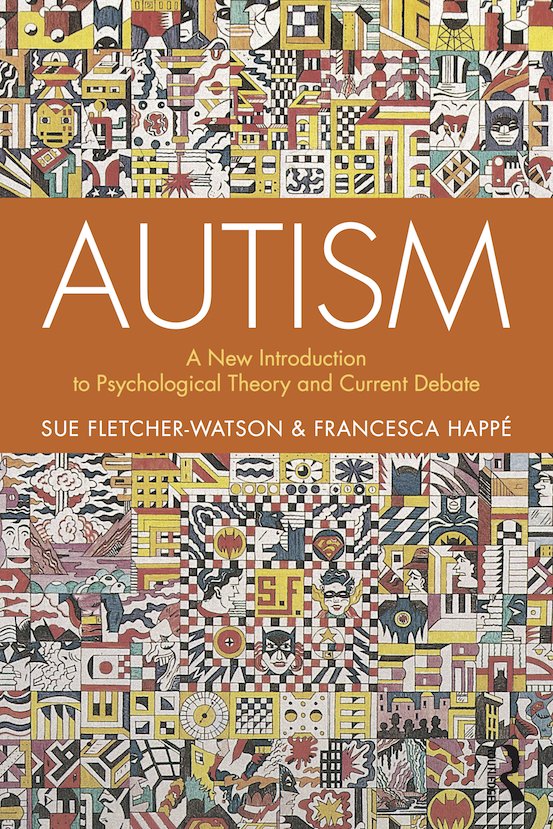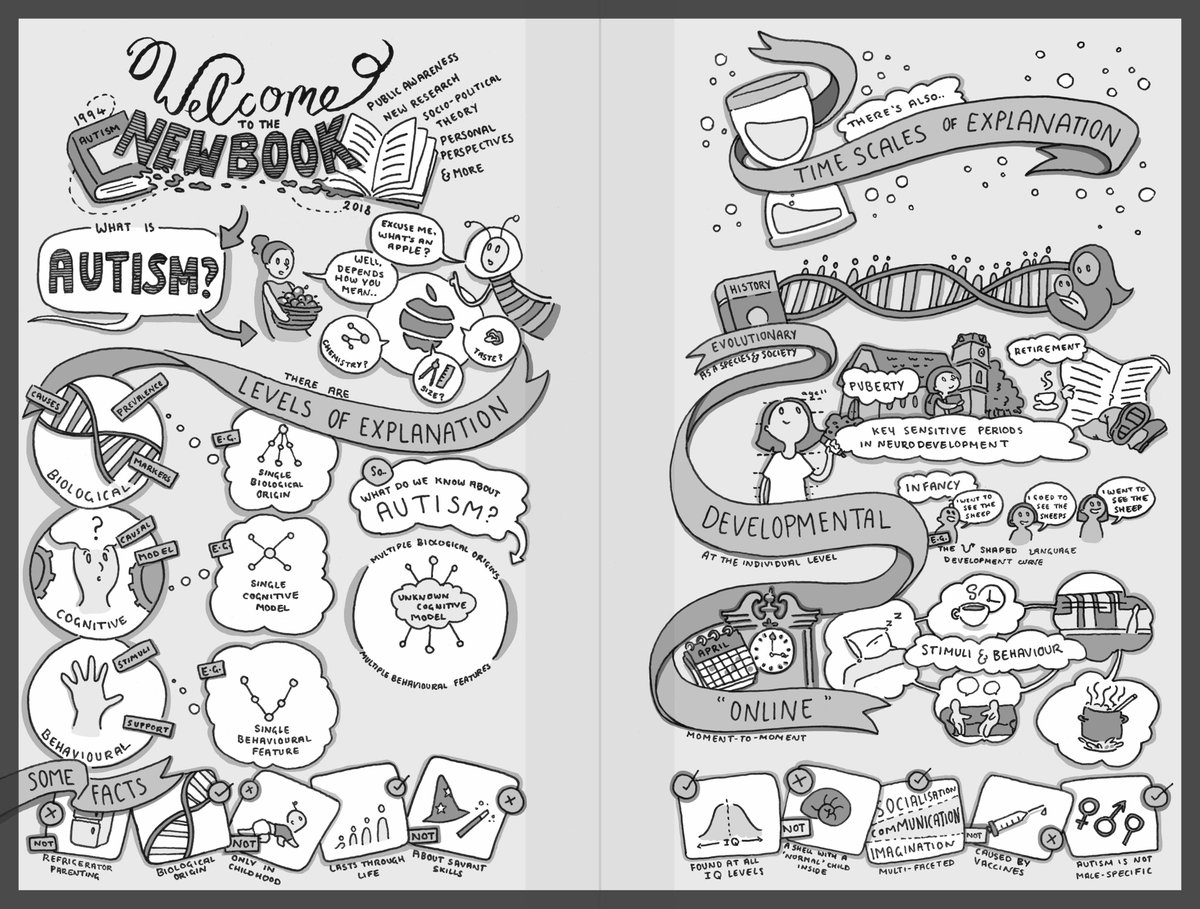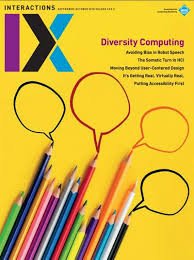
For me, this piece completely misses the point and power of a Neurodiversity framework.
The value of Neurodiversity lies not in recognising individual strengths (whether so-called “pattern-seeking” or anything else) but in celebrating the wonder of diversity itself.
The value of Neurodiversity lies not in recognising individual strengths (whether so-called “pattern-seeking” or anything else) but in celebrating the wonder of diversity itself.
https://twitter.com/edwest/status/1341289562140798976
Neurodiversity does not leave out people with learning disabilities. It doesn’t exclude people who communicate via atypical means. It isn’t just about raising up neurodivergent professors, CEOs, activists or artists (tho they are all splendid)
Instead Neurodiversity reminds us that humanity’s richness lies in its variation. This diversity teaches us what is important (neither wealth nor beauty nor IQ). It helps us communicate more effectively. It inspires innovation and creativity. It brings joy.
All dimensions of diversity contribute to this. Valuing diversity doesn’t mean valuing the different ways in which we are strong. It also means recognising and respecting the different ways in which we struggle.
Thank you for listening to my TED talk.
• • •
Missing some Tweet in this thread? You can try to
force a refresh





